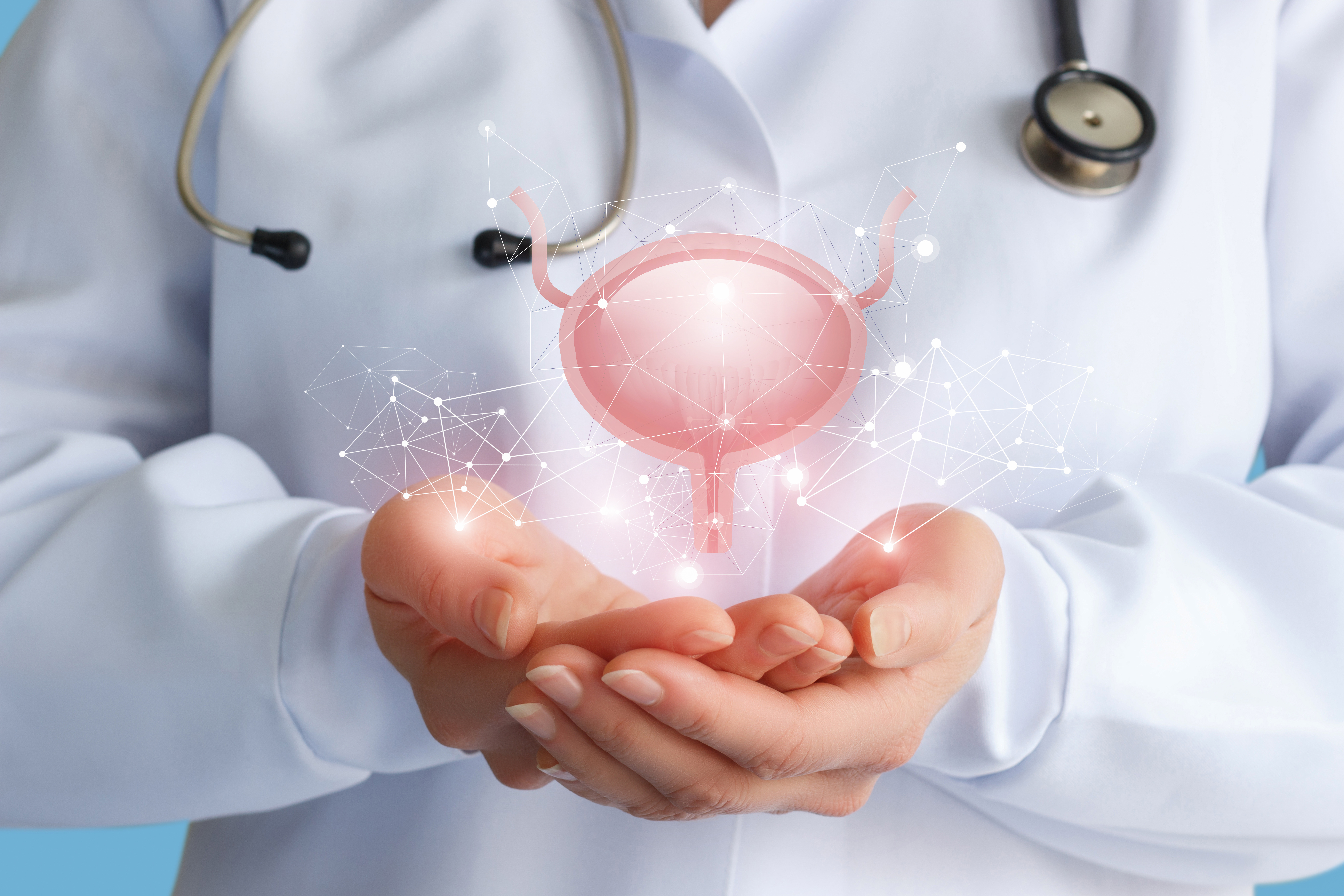5 Ways to Improve Bladder Health
16th, Jan 2023

Good bladder health is essential for people of all ages as the urinary systems performs many important functions including filtering extra fluid and wastes from your bloodstream and removing them from your body. Poor bladder habits can lead to poor bladder control and incontinence, so we have gathered 5 ways to help improve your bladder health below:
Use the bathroom often and when needed
Try to urinate at least once every 3 to 4 hours. Holding urine in your bladder for too long can weaken your bladder muscles and make a bladder infection more likely.
Do pelvic floor muscle exercises
Pelvic floor exercises, also known as Kegel exercises, help hold urine in the bladder. Kegel exercises are done to strengthen the muscles that allow for better bladder control. Weak muscles can contribute to urine leakage, called urinary incontinence. These exercises also may help avoid infections by strengthening the muscles that help empty the bladder.
Exercise regularly & keep a healthy weight
Physical activity can help prevent bladder problems as well as constipation. It can also help maintain a healthy weight. People who are overweight may be at higher risk for leaking urine. Making healthy food choices, including plenty of fruit and vegetables and being physically active can help keep a healthy weight.
Drink enough fluids, especially water
Staying hydrated is vital. More than half of the human body is made up of water, so it is important that you are drinking enough. How much water you need can vary based on your size, activity level, and where you live. In general, drink enough fluids so that you need to urinate every few hours. Some people need to drink less water because of certain conditions, such as kidney failure or heart disease. If you have a concern, speak to your GP or healthcare provider on how much fluid is healthy for you.
Avoid constipation
Too much stool built up in the colon, called constipation, can put pressure on the bladder and keep it from expanding the way it should. Eating plenty of high-fibre foods like whole grains, vegetables, and fruits, drinking enough water, and being physically active can help prevent this from happening.
“Attention to both general and pelvic health is key in managing bladder difficulties. Improving pelvic blood flow is key to maintaining pelvic and bladder health. Exercise, healthy diet and avoidance of toxins are central to this approach. Pelvic blood flow can be improved further via specific physiotherapeutic and pharmacological means, as well as by several non-invasive approaches.” - Mr Ian Walsh, Consultant Urologist at Kingsbridge Belfast & Sligo
Some signs of a bladder problem may include:
- Inability to hold urine or leaking urine
- Needing to urinate more frequently or urgently
- Cloudy urine
- Blood in the urine
- Pain or burning before, during, or after urinating
- Trouble starting or having a weak stream while urinating
- Trouble emptying the bladder
If you experience any of these symptoms, please do not hesitate to get in touch. Our GPs and Consultant Urologists are ready to see you! Visit kingsbridgeprivatehospital.com for further information on all our services, treatments and healthcare professionals.
Recent Articles

